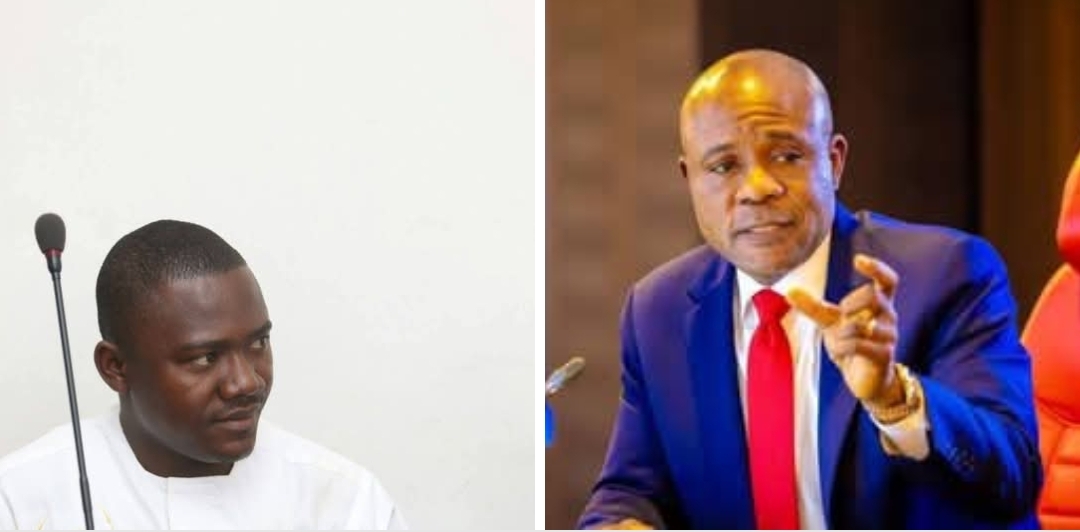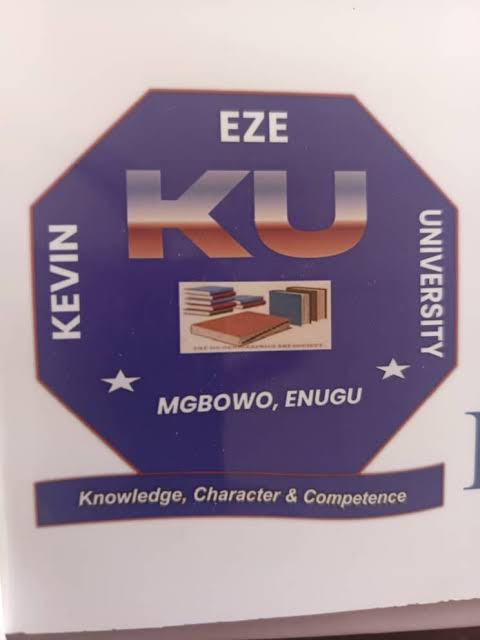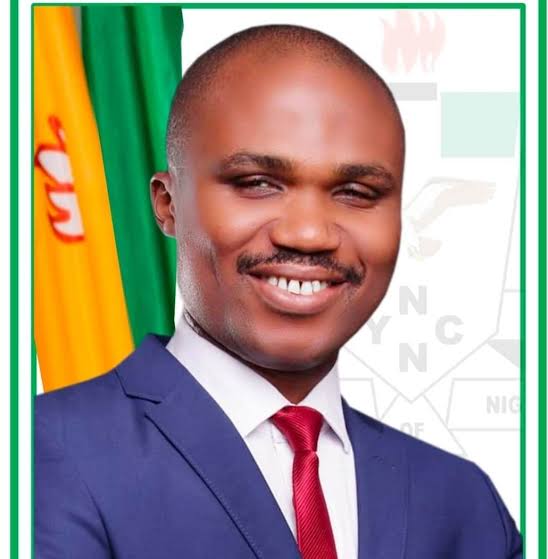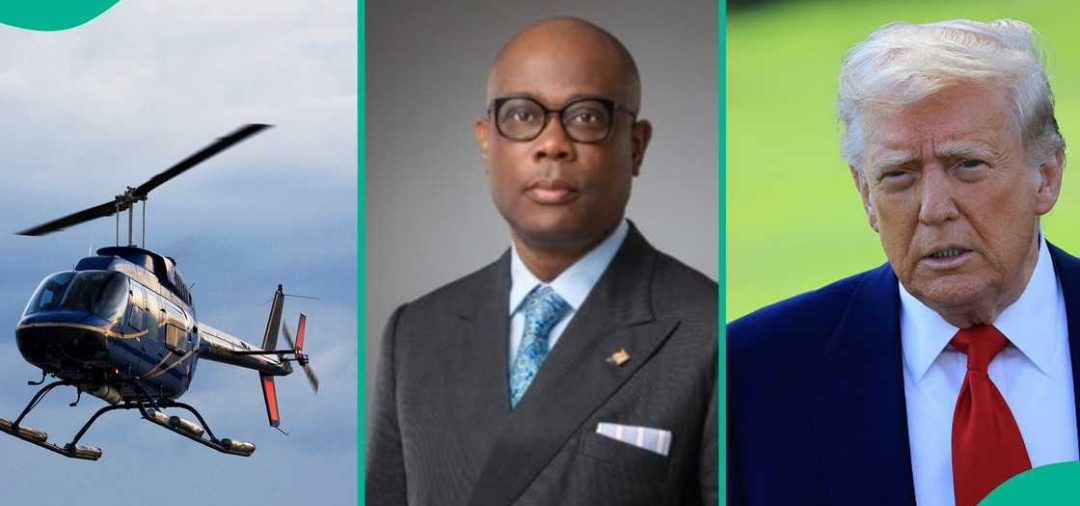The Federal Executive Council, FEC, has approved the 2018-2020 Medium Term Expenditure Framework, MTEF and the Fiscal Strategy Paper, FSP.
The Minister of Budget and National Planning, Udoma Udoma, told reporters in Abuja that the highlights of the MTEF showed government’s commitment to achieving seven per cent growth in the economy by 2020, in accordance with the National Economic Recovery and Growth Plan, NERGP.
To achieve the growth rate, the minister said government approved a slightly different trajectory of target growth rate of 3.5 per cent in 2018; 4.5 per cent in 2019 and 7 per cent in 2020.
Other parameters approved under the expenditure framework include crude oil production capacity projected at about 2.3 million barrels per day next year.
“We expect the crude oil production capacity would consist about 1.8 million barrels per day (regularly crude production), and 500,000 barrels per day of condensates, with the price projected at an average $45 per barrel next year.
“We are also committed to explore ways of raising additional revenue, to reduce the debt service to revenue ratio,” Mr. Udoma said.
On the exchange rate of the Naira, the minister said the rate would be about N305 to the dollar, as indicated by the Central Bank of Nigeria, CBN.
Also approved by FEC was the national Information Communication Technology, ICT, infrastructure backbone project popularly called NIT2, which is domiciled within the Galaxy Backbone Limited.
The Minister of Communications, Adebayo Shittu, who disclosed the approval, explained that it was the federal government-owned agencies which engage in service-wide connectivity of all government offices, ministries, departments and agencies, MDAs, across the country.
He said with the approval, the Federal Ministry of Finance would commence negotiations for the full implementation of the funding with the communications ministry, to provide the $328 million (approximately N100 billion) required to fund the project.
When completed, Mr. Shittu said, the facility would not only cover the entire MDAs, but would be enough for commercialisation to the private sector, particularly GSM companies and other ICT industry operators.
“So, we know Nigeria will be making a lot of money from this facility when completed” he explained.










